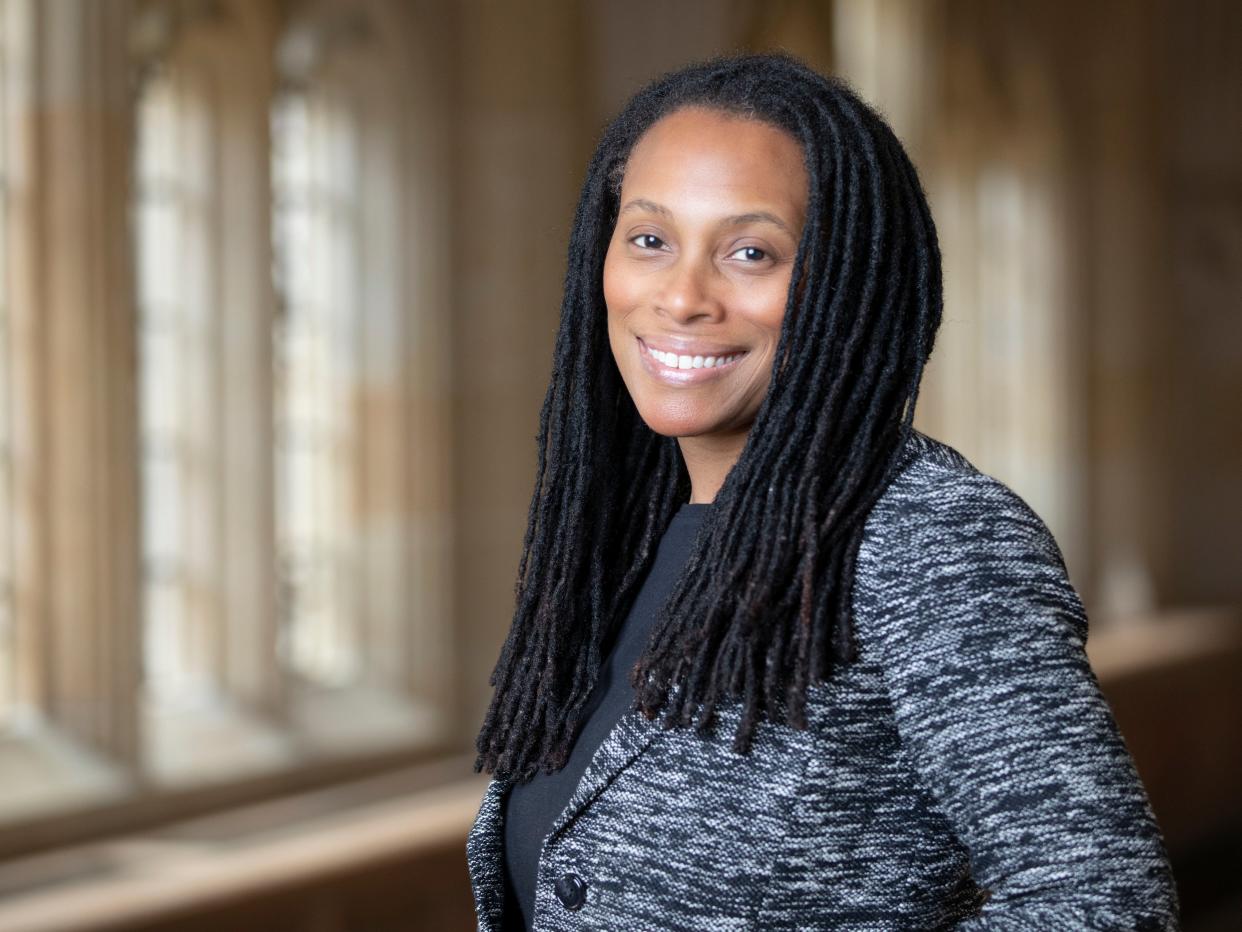Dr Marcella Nunez-Smith: Racism scholar to head up Joe Biden’s Covid-19 Equity Task Force

- Oops!Something went wrong.Please try again later.
A top Yale University academic who has been advising Joe Biden on coronavirus will now head up a specialised “Equity Task Force” that will address the ways the pandemic has disproportionately hit disadvantaged people and communities of colour.
Marcella Nunez-Smith, who has co-chaired the coronavirus advisory board Mr Biden created after the election, is a renowned scholar known for her work on the intersection of racism and public health. She will serve in the Biden administration among such other figures as Dr Anthony Fauci, now signed up to be Mr Biden’s lead medical adviser on Covid-19.
Her work on health inequalities, and particularly those across entwined racial and economic lines, makes her a clear choice to lead an effort to address one of the pandemic’s most shocking and unavoidable effects: the deadly exacerbation of existing disparities in health, income and wellbeing across the US population as a whole.
Even as the coronavirus is still taking a devastating toll, with cases and hospitalisations sharply on the rise across the country, the impact on already-disadvantaged groups has been particularly disproportionate. Data from the Centres for Disease Control shows that compared to non-Hispanic whites, Latino and Black people in the US who contract Covid-19 are 2.8 times as likely to die as non-Hispanic white people.
Many people of colour who have died from the coronavirus in the US worked low-wage jobs, often in poor conditions, and tended to live in overcrowded housing or dense neighbourhoods – often in areas unusually exposed to health risks like air pollution.
Dr Nunez-Smith told the Associated Press recently that the scale of the disparity means that “almost 50 percent of people of color in this country know someone who has died from Covid-19”, and that the disaster has exposed “pre-existing structural and social realities that really predisposed particular communities to be hardest hit by this pandemic. Hardest hit from a health perspective and hardest hit from an economic perspective.”
She has expressed confidence, however, that the Biden administration as a whole understands the urgency of addressing the roots of this disproportionate impact, and explained that the effort to ensure maximum takeup of a vaccine will need to “acknowledge a shameful history in our country of medical experimentation on black and brown bodies in particular”.
Dr Nunez-Smith’s work has looked at the effects of racism not just on patients and populations, but on healthcare workers themselves. In an interview for the Yale School of Medicine website earlier this year, Dr Nunez-Smith described how she herself, as a black woman doctor, has often been the subject of racial microaggressions in her medical career.
“A lot of the time,” she told the site, “if it was a patient not of color, they would make lots of assumptions about my role. To this day, as an attending physician at Yale, patients are constantly handing me their trays and asking me if I can call their doctor. And I’m their attending physician of record, and we have met several times.”
At the other end of the scale, she also described the value staff diversity can hold for patients. “If a patient of color saw me enter the room, 9.9 times out of 10, there would be a comment made before their discharge about how reassuring it was for them to have somebody of color on their care team.”

